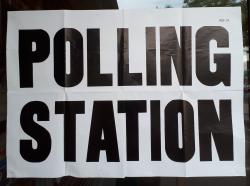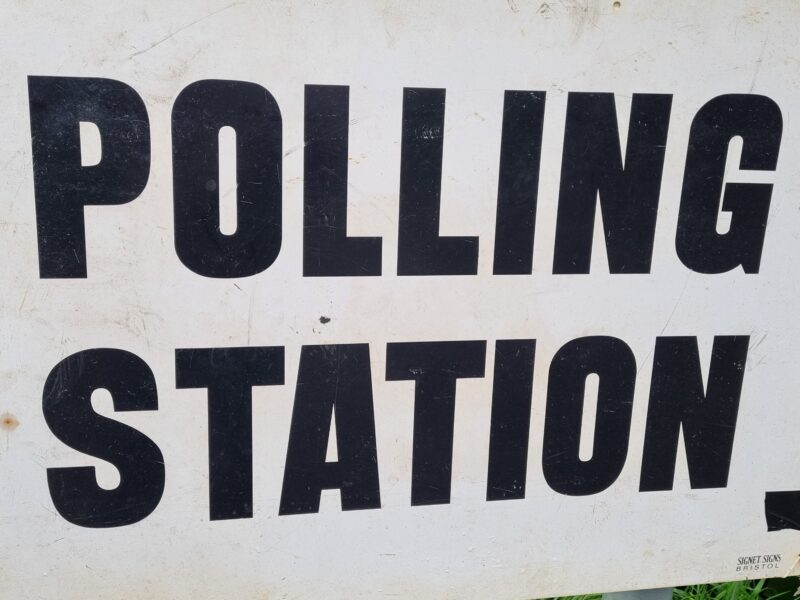By Harry Hutchinson, Labour Party, Northern Ireland
Although the election turnout in Northern Ireland last week was slightly up on 2014, still just over 50% of registered voters bothered to cast their vote on the day. Disillusion with the main Unionist and Nationalist parties, who show no sign of restoring Stormont or giving any representation to the people of Northern Ireland, has impacted on their support.
The two main parties, the Democratic Unionist Party (DUP) and Sinn Fein (SF) again dominated the election. However, the DUP lost 8 seats overall out of the 462 council seats in the 11 district councils. SF seats remained the same overall but that party’s share of the vote decreased. Notably, SF lost 5 seats in its strong-hold of Derry.
The smaller Unionist and Nationalist parties, the Ulster Unionist Party and Social Democratic and Labour Party had a disastrous election. The UUP lost 13 seats overall, now having only three councillors in Belfast which was once their dominant heartland. The SDLP continuous to erode, losing seven more seats overall.
The left Nationalist People Before Profit (PBP) continued to grow in strength. Veteran socialist Eamon McCann was elected in Derry for the party, bringing its total number of councillors to five overall. PBP continues to eat into disaffected SF support and it also attracts support from young voters across the community. This is a very active party, continually campaigning on social, environmental, anti racists and LGBT issues.
The election of 23 Independents shows that voters, particularly first-time voters, are looking for an alternative to the sectarian capitalist parties. An anti-gold-mining candidate, Emmet McAleer, has become the second such campaigner elected in the prospective mining area of Mid Tyrone. Many other Independents who were elected are hard-working and recognised individuals in their communities. In Enniskillen, socialist Donal O’Cofaigh was elected under the banner of Cross Community Labour Alternative. in a what is seen as a decades-long breakthrough by the Socialist Party of Northern Ireland, who backed him.
Labour Northern Ireland did not feature in this election, although a few members stood as Independents, receiving small support. The consistent wrangling over the right of this party to stand candidates under the ‘Labour’ banner continues to restrict the Party from making any electoral progress and building on the popularity of Corbyn’s policies in the rest of the UK. The Party still remains large in membership, at around 1600, but remains divided by internal disputes. Socialist polices, focusing on social and class issues, the kind of issues that affect working class people across all communities, could make a huge difference here and the Labour Party Northern Ireland could make a big impact and could potentially cut across the main sectarian parties.
The onus now will be for the left groups and independents to work as closely together in opposition to the pro-market programme of the mainstream sectarian parties on the councils. Many councils will simply follow the dictates of the British government, in austerity carrying through measures and introducing cuts and privatisations.
May 10, 2019



